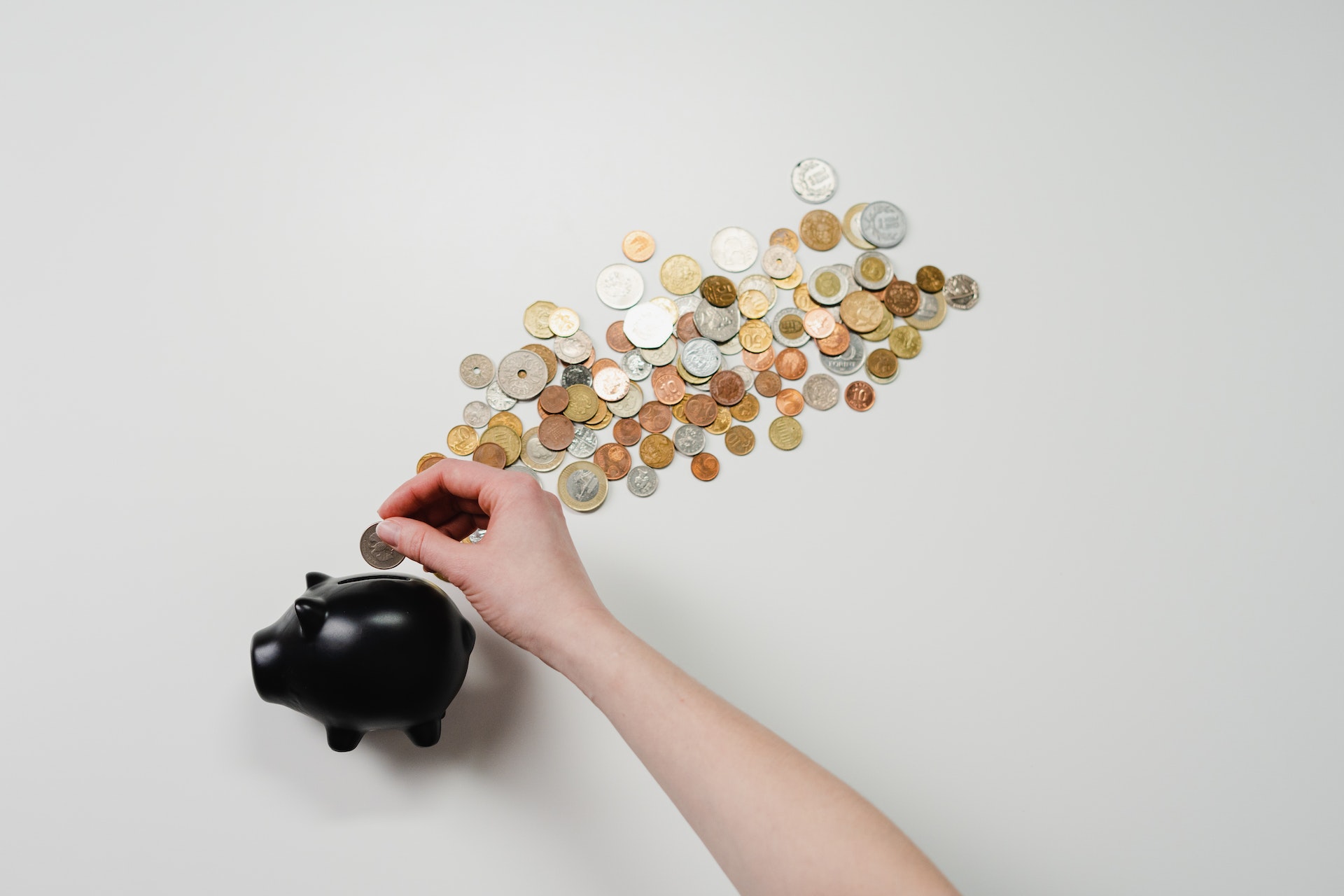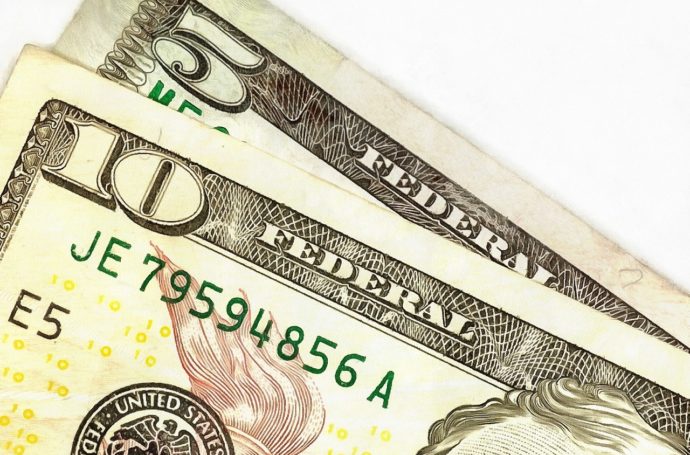
Avoiding bad money habits is as important as building good ones. Many people don’t realize some simple money mistakes and lose substantial money in the long run.
Here are 5 bad money habits that you should break in 2023.
Table of Contents
1. Not Creating a Budget
One of the biggest mistakes you can make is not creating a budget at all. Many people start a budget and then don’t stick to it.
The root cause of Inaccurate planning, overspending, late payments, debt accumulation, etc. is not to have a personal budget.
If you don’t create or follow budgets, you’re shooting in the dark.
How to Break the Habit
Start with a simple budget plan like a 50-30-20 budget or envelope budgeting. Aim to divide your total income into necessary costs, debt repayment, and savings.
Then, analyze each segment and adjust. Keep reviewing your monthly budgets until you find the right mix.
You don’t need to get it done on the first attempt. Start slow and keep building.
2. Having No Emergency Fund
If the last couple of years has taught us anything, it is to create an emergency fund.
Despite facing regular hardships, many people fail to set aside money for emergencies. It can be an unexpected medical bill, a house repair, an uncovered vehicle expense, or a loss of income.
Without an emergency fund, you’ll always revert to expensive borrowings. That’s one reason people turn to high-APR credit cards or payday loans.
How to Break the Habit
Calculate your monthly mandatory expenses first. Then, open a separate savings account to accumulate funds.
Start building the fund by contributing as much as possible. Aim to accumulate for three to six months of your non-discretionary expenses.
You can’t build an emergency fund overnight. The key is to remain consistent. Start with smaller contributions, say $50 per week, that would be $200 per month.
Once you build the habit, you can contribute more and build quickly.
3. Always Carrying Credit Card Debt
No emergency fund is a major reason for carrying credit card debt all the time. Several other factors to this dilemma too.
People swipe a credit card for convenience without paying with cash. Then, switch to paying only the minimum payable even when they could afford to repay the full outstanding amount.
This habit quickly piles up interest costs and your credit card bill shoots up quickly. Then, you’ll keep repaying interest costs with no sight to wipe out the credit card debt.
How to Break the Habit
Think of a credit card as an emergency tool only, not for convenience. Always keep an eye on your credit card APR, interest-free period, and existing balance.
Even when you pay by credit card, repay the full amount to save on interest costs. Plan before using the card and calculate the total interest charges if you need a large transaction.
Once you build the habit of calculating the total cost of using a credit card for each transaction, you’ll shift to other sources successfully.
4. No Plans for Savings
Another major mistake observed in personal finance is not having any plans for savings. People forget a simple rule that you need to save now for your retirement life later.
Saving money for your future includes several other financial goals like a downpayment for a mortgage, a major house repair project, relocation, educational expenses, sponsoring your travel tour, and so on.
If you don’t save enough, you’ll always remain in debt. Moreover, you’ll never be able to invest or save for your retirement.
How to Break the Habit
If your budget doesn’t allow it, look for extra income through a side hustle or passive income. Alternatively, find ways to cut discretionary expenses.
Start a retirement plan as soon as possible. If your employer offers a 401(k), make sure to maximize the contributions. Else, start your own IRA and stay consistent with your contributions.
5. Spending More Than Earnings
It’s a common pitfall and we all are guilty of it at some stage. In one way or another, people keep spending money without realizing they’re exhausting their limited resources.
Spending on nonessentials or discretionary expenses is the biggest driver to overspending for most people.
These nonessential expenses include dining out excessively, unplanned trips, impulsive shopping, overspending on decoratives, always buying new over used, and so on.
Overspending never lets you save money. It accumulates debt and never lets you accomplish financial goals even if you don’t realize it.
How to Break the Habit
If you want to break the habit of overspending, prefer cash over a credit card.
Always make a shopping list, cut discretionary items, and stick to your preferred list. Avoid impulsive shopping by ignoring discounts/promo offers for nonessentials.
Then, stick to your budget and always automate your savings. It will take time to control your overspending habit but you’ll eventually get there.


